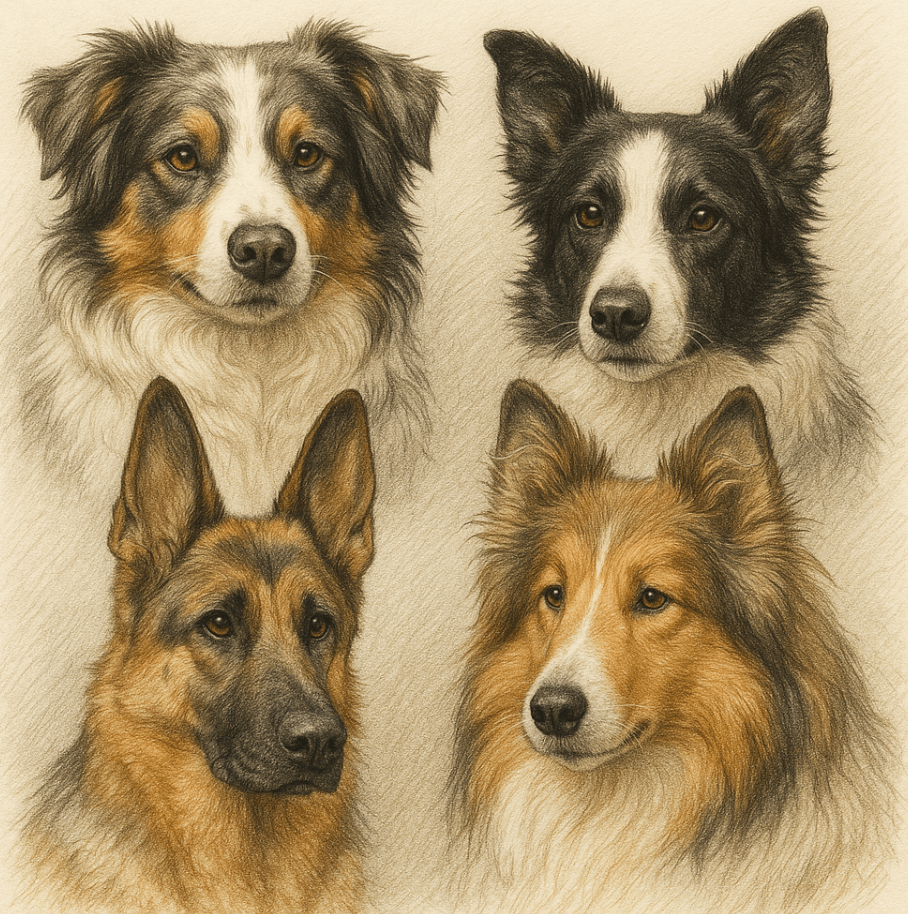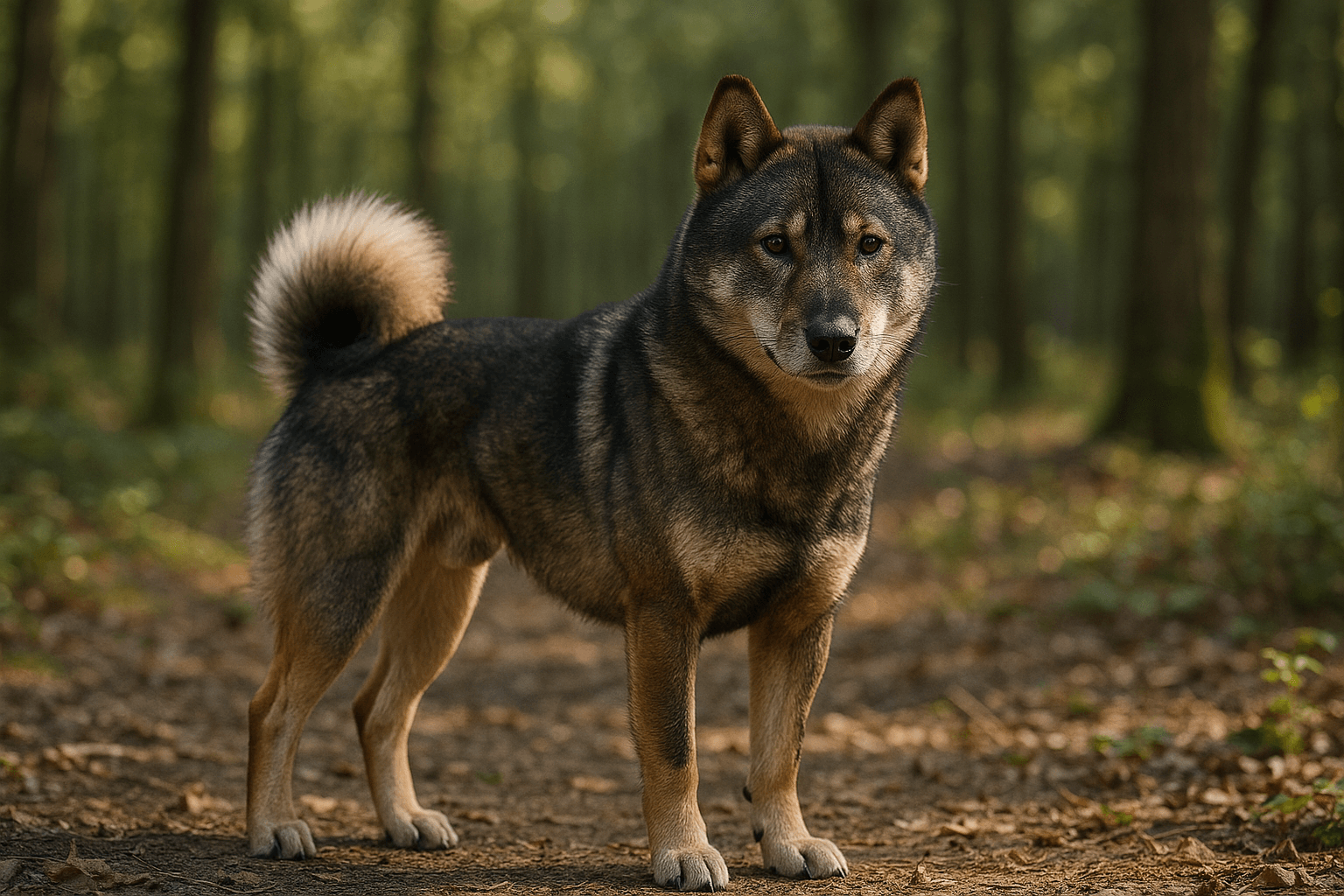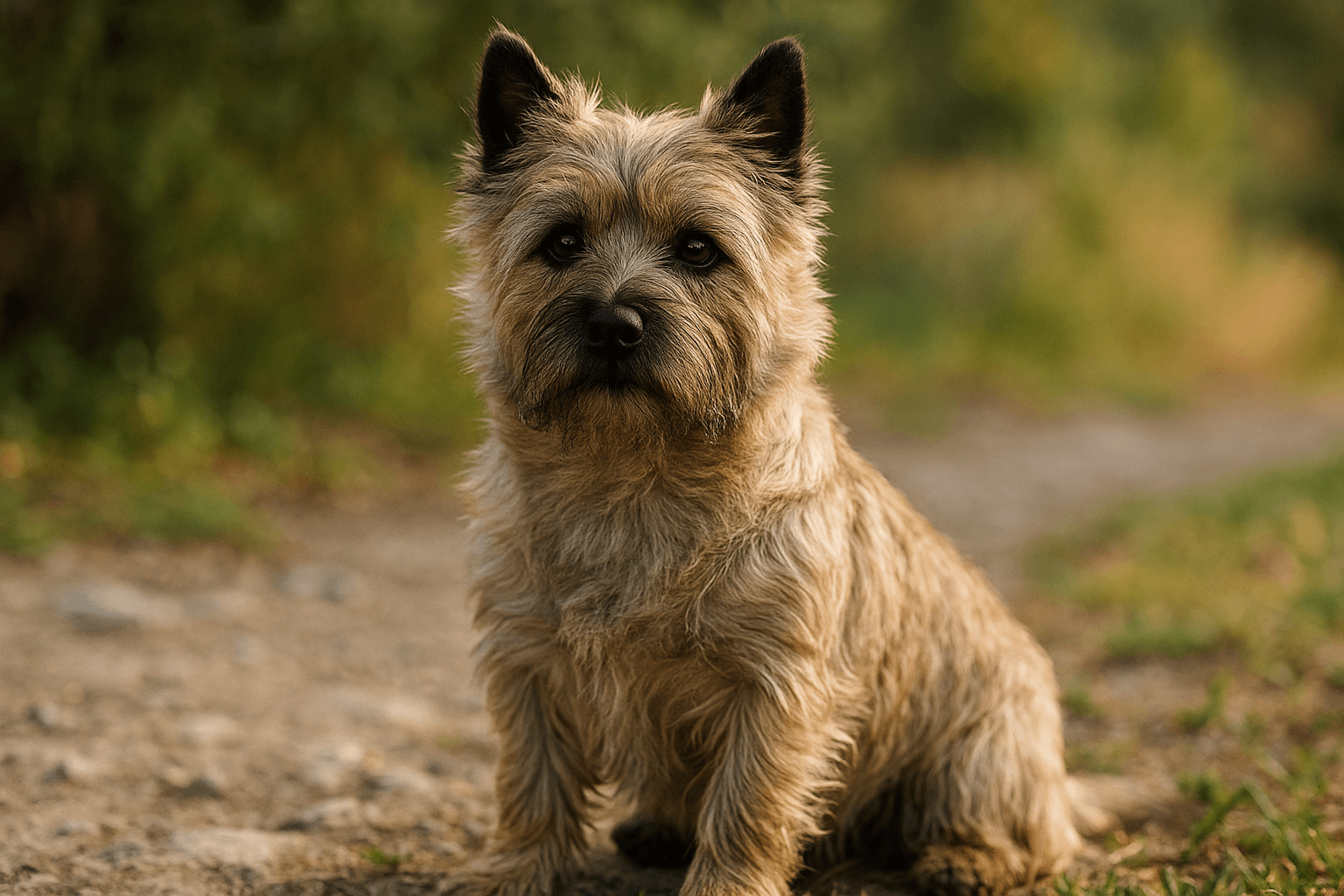Herding Dog Breeds: The Ultimate Guide to These Intelligent and Energetic Companions
Herding dog breeds have long been cherished for their intelligence, loyalty, and remarkable ability to manage livestock. Originally bred to assist farmers and ranchers, these dogs excel at tasks like gathering, driving, and protecting herds. However, their talents extend far beyond the fields. Today, herding dogs are beloved family pets, excelling in agility competitions, obedience training, and even therapy work. Whether you’re considering adopting one of these incredible breeds or simply want to learn more about their unique characteristics, this blog post will provide a comprehensive overview of herding dog breeds, their traits, and how to care for them.
Key Traits of Herding Dog Breeds
Herding dogs are known for their distinct personalities and skills, which make them stand out among other breeds. Understanding these traits is essential for anyone considering adding a herding dog to their family.
High Intelligence:
Herding dogs are among the smartest breeds, capable of learning commands quickly and solving problems independently.Strong Work Ethic:
Bred to work long hours, they thrive on having a job to do and can become restless without proper mental and physical stimulation.Loyalty and Protectiveness:
These dogs form strong bonds with their families and are naturally protective, making them excellent watchdogs.Energy and Stamina:
Herding breeds have boundless energy and require plenty of exercise to stay happy and healthy.Trainability:
Their eagerness to please and quick learning abilities make them highly trainable, though they can sometimes be stubborn.
These traits make herding dogs exceptional companions, but they also require dedicated owners who can meet their needs.
Popular Herding Dog Breeds and Their Unique Qualities
There are many herding dog breeds, each with its own strengths and characteristics. Here’s a look at some of the most popular herding breeds and what sets them apart.
Border Collie:
Known as the ultimate herding dog, Border Collies are incredibly intelligent and excel in agility and obedience competitions.Australian Shepherd:
With their striking coat patterns and high energy, Australian Shepherds are versatile working dogs and loving family pets.German Shepherd:
While often used in police and military roles, German Shepherds are also skilled herders and devoted companions.Corgi (Pembroke Welsh Corgi):
Despite their small size, Corgis are fearless herders, originally bred to manage cattle by nipping at their heels.Shetland Sheepdog (Sheltie):
Shelties are gentle, affectionate herders known for their loyalty and alertness, making them great watchdogs.
Each breed brings something special to the table, catering to different lifestyles and preferences.
Check this guide 👉Double Coated Dog Breeds: Best 7 Expert Tips!
Check this guide 👉Friendliest Dog Breeds: Best 7 Expert Tips!
Check this guide 👉Rarest Dog Breeds: Best 7 Expert Tips!

Best Herding Breeds for Families | Best Herding Breeds for Active Owners |
|---|---|
Australian Shepherd | Border Collie |
Shetland Sheepdog (Sheltie) | Australian Cattle Dog |
Pembroke Welsh Corgi | Belgian Malinois |
Collie | Kelpie |
Bearded Collie | Berger Picard |
Training Tips for Herding Dog Breeds
Training a herding dog requires patience, consistency, and creativity due to their intelligence and high energy levels. These tips will help you build a strong bond while keeping your dog engaged.
Start Early:
Begin training as a puppy to establish good habits and prevent behavioral issues later in life.Use Positive Reinforcement:
Reward-based methods, such as treats, praise, and playtime, work best to motivate these eager-to-please breeds.Provide Mental Stimulation:
Incorporate puzzle toys, scent games, and advanced commands to keep their sharp minds challenged.Channel Their Herding Instincts:
Teach them alternative behaviors to redirect their natural drive to herd, such as fetch or agility courses.Be Consistent:
Clear rules and routines help prevent confusion and reinforce desired behaviors.
With the right approach, training becomes a rewarding experience that strengthens your relationship with your herding dog.
Exercise Needs of Herding Dog Breeds
Herding dogs are incredibly active and need ample exercise to stay physically and mentally fit. Neglecting their exercise requirements can lead to destructive behaviors or anxiety.
Daily Walks and Runs:
Aim for at least 1-2 hours of vigorous exercise daily, including brisk walks, runs, or hikes.Agility Training:
Engage them in obstacle courses or agility drills to channel their athleticism and focus.Interactive Playtime:
Games like fetch, frisbee, or tug-of-war provide both physical exertion and bonding opportunities.Mental Challenges:
Combine physical activity with mental tasks, such as hiding treats for them to find or teaching new tricks.Supervision During Play:
Avoid leaving them unsupervised in open spaces, as their instincts may lead them to chase after moving objects.
Meeting their exercise needs ensures a calm, content, and well-adjusted companion at home.
Common Misconceptions About Herding Dogs
Despite their popularity, several misconceptions surround herding dog breeds. Clarifying these myths helps set realistic expectations for potential owners.
They’re Only Suitable for Farms:
While bred for herding, they adapt well to urban environments if given sufficient exercise and mental stimulation.All Herding Dogs Are High-Energy:
Energy levels vary by breed; some, like Shelties, are calmer than others, like Border Collies.They Don’t Need Much Training:
Though intelligent, they still require structured training to prevent unwanted behaviors like nipping or chasing.They’re Always Friendly:
While generally sociable, early socialization is key to ensuring they interact well with strangers and other pets.They’re Low-Maintenance Pets:
Their grooming, exercise, and training needs make them anything but low-maintenance.
Dispelling these myths ensures a deeper understanding of this incredible group of breeds.
Health Considerations for Herding Dog Breeds
Like all breeds, herding dogs are prone to certain health issues that owners should be aware of. Being proactive about their care helps ensure a longer, healthier life.
Hip Dysplasia:
A common condition in active breeds; maintaining a healthy weight reduces the risk.Eye Disorders:
Progressive retinal atrophy (PRA) and cataracts may occur; routine eye exams help detect problems early.Deafness:
Some herding breeds, like Australian Shepherds, are predisposed to hearing loss; genetic testing can identify risks.Drug Sensitivity:
Certain breeds, like Collies, may have a sensitivity to medications like ivermectin; consult your vet before treatments.Obesity Risk:
Without adequate exercise, herding dogs can gain weight, leading to joint and mobility issues.
Proactive healthcare ensures a longer, healthier life for your beloved pet.
Fun Activities to Enjoy with Your Herding Dog
Living with a herding dog means embracing an active lifestyle. These fun activities will keep them entertained while strengthening your connection.
Canine Sports:
Participate in competitions like agility, flyball, or herding trials to showcase their skills and boost confidence.Long Hikes in Nature:
Explore trails together, allowing them to sniff, run, and burn off excess energy in a natural setting.Swimming Sessions:
Many herding dogs enjoy water; swimming provides excellent low-impact exercise.Obedience Challenges:
Create mini obstacle courses at home or practice advanced tricks to sharpen their focus and discipline.Interactive Toys:
Puzzle feeders, treat-dispensing balls, and chew toys keep them entertained when you’re busy.
Engaging in these activities ensures a fulfilling life for your adventurous companion.
Frequently Asked Questions About Herding Dog Breeds
Are herding dogs good for first-time owners?
While intelligent, their high energy and need for training may pose challenges for inexperienced owners.
Do herding dogs get along with children?
Yes, many herding breeds are gentle and protective, making them excellent family pets when properly socialized.
How much grooming do herding dogs need?
It varies by breed; some, like Collies, require regular brushing, while others, like Corgis, need moderate grooming.
Can herding dogs live in apartments?
Yes, if their exercise needs are met, but they’re better suited for homes with yards.
What health issues should I watch for?
Common concerns include hip dysplasia, eye disorders, and allergies; regular vet check-ups are essential.
Embracing Life with a Herding Dog Breed
Herding dog breeds are truly remarkable companions, combining intelligence, loyalty, and boundless energy into one package. Whether you’re looking for a working partner, an active adventure buddy, or a loving family pet, these dogs offer it all. However, owning a herding dog comes with responsibilities—meeting their exercise, training, and mental stimulation needs is crucial for their well-being. By understanding their unique traits and committing to their care, you’ll be rewarded with a lifelong bond filled with joy, devotion, and endless adventures. If you’re ready for the challenge, a herding dog might just be the perfect addition to your family.
Spleen Cancer in Cats: Best 7 Expert Tips! – Expert insights on symptoms, care, treatment & quality of life for feline spleen cancer.
Dog Mastitis Treatment: Best 7 Expert Tips! – Safe, vet-approved care for nursing moms & prevention strategies.
The Shikoku Ken Dog: Best 7 Expert Tips! – Discover expert care, training & health advice for this rare, loyal Japanese mountain breed.
The Cairn Terrier Dog Breed: Best 7 Expert Tips! – Discover care, training & health advice for this spirited, loyal Scottish terrier.




